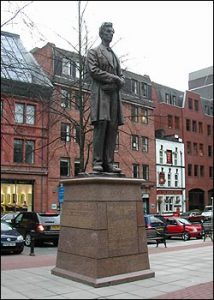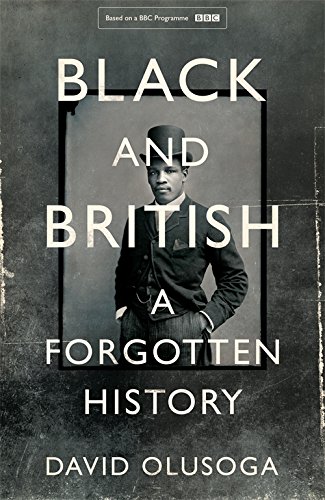I’m reading David Olusoga’s Black and British: A Forgotten History, which accompanies the excellent BBC series (& is an amazing bargain at £6 for a big hardback on Amazon at the moment). Just a short way in, I’m delighted to find reference to the true origins of Thomas Carlyle’s description of economics as ‘the dismal science’. Carlyle was, as Olusoga notes, “an apologist for slavery.” He thought economics was dismal because prominent economists were in the abolition campaign, and thereby – in his view – undermining the sanctity of private property rights with their ‘expertise’. This was surely an occasion when the methodology of economics – based on identical, individual agents – was surely on the side of right. There is an excellent detailed essay on this in the Library of Economics and Liberty (in 2 parts).

Cotton Famine Road, above Norden
Among the others on the right side at this time were those Lancashire mill workers who supported the Union blockade of the southern ports in the American Civil War, despite the great personal cost the Cotton famine imposed on them. I hadn’t heard of Cotton Famine Road, despite growing up nearby. Manchester still remembers the episode thanks to the donated statue of Abraham Lincoln. There was a super In Our Time about it a while ago.

Lincoln in Manchester
I’ve also enjoyed the book’s demolition of the vile Enoch Powell, a pompous man who prided himself on historical knowledge, as completely unhistorical in his beliefs about the England of yore.

